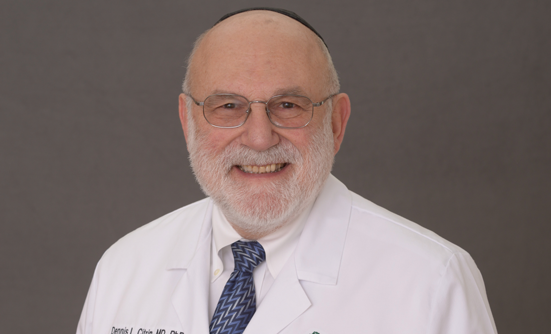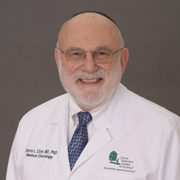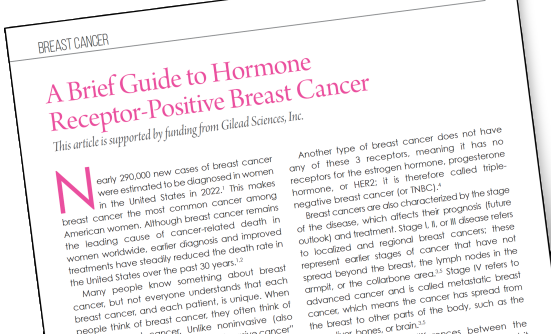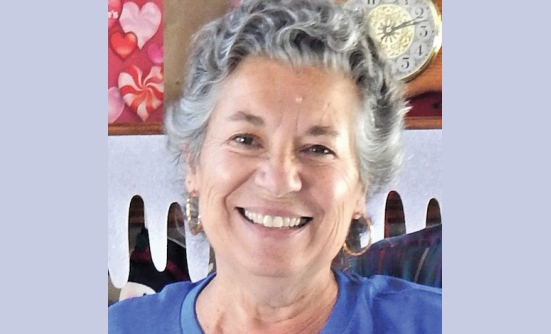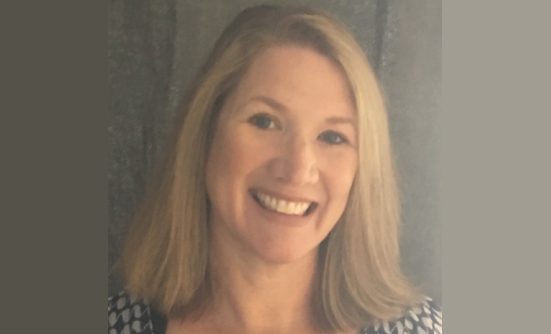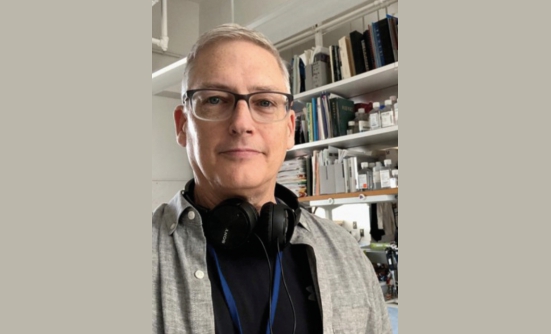One of the most important components of the treatment for a patient with cancer is the care team. As a patient with cancer, you likely know that your team should include a medical oncologist, a breast surgeon, and a radiation oncologist. These physicians meet with the patient most often and coordinate conventional treatments.
But few patients understand the important role that other medical professionals can play in meeting their physical, emotional, and treatment needs. You may not know that the following 5 specialists can be essential to your treatment and healing.
1. Pathologist
A biopsy is necessary to confirm a breast cancer diagnosis and to create an accurate treatment plan. The person who is behind the scenes looking at the biopsy sample under the microscope to diagnose the cancer and determine its stage, then setting the basis for the patient’s treatment, is the pathologist. Without a good pathology report, we as medical oncologists are unable to make the appropriate treatment recommendations.
Because every patient’s cancer is unique, the pathologist may recommend treatment options based on the patient’s type of breast cancer. With advances in precision (or personalized) medicine, genetic testing can often help us to identify treatments that will attack the cancer based on its genetic makeup. Pathologists can also help to determine what genetic mutations (changes) are driving the specific cancer.
Most patients don’t realize they have a pathologist on their team, because the pathologist is usually behind the scenes, in the lab. However, a pathologist may be available to review the pathology results with the patient if the patient requests it.
2. Genetic Counselor
About 5% to 10% of breast cancers are hereditary, meaning that genetic mutations are passed down from parents to the patient. Understanding hereditary mutations is becoming more common with the widespread news about Angelina Jolie’s choice to undergo a preventive mastectomy (removal of the breasts) because she carries the BRCA mutation.
People who carry the BRCA mutation are at an increased risk of cancer. According to a recent study, 72% of women with the BRCA1 mutation and 69% of those with BRCA2 will be diagnosed with breast cancer.1
In fact, new direct-to-consumer genetic tests have become common. However, with these tests, people are interpreting the results themselves, which can often result in errors and misinterpretation. It is therefore recommended that patients discuss their genetic risks with a medical professional, such as a genetic counselor. These conversations can also affect your treatment choices, especially the decision to have preventive mastectomy or hysterectomy (removal of the uterus).
For women diagnosed with breast cancer, although in most cases a lumpectomy is just as effective as a mastectomy, those with a BRCA mutation may benefit from a double mastectomy to reduce their risk of breast cancer recurrence (returning).
In addition, a genetic counselor can help facilitate conversations with children and other loved ones about how the genetic mutation could affect their own cancer risks.
3. Reconstructive Surgeon
When surgery is needed as part of the treatment plan, the outcome can largely affect the patient’s emotional well-being. Many of my patients have told me that their breasts are part of their identity: they may not feel as much of a woman when their breasts are removed. Breast reconstruction helps beyond the removal of the tumor and makes the patient feel whole again.
A reconstructive surgeon can help the woman navigate conversations about whether reconstruction is right for her, and what options are available.
Recent advancements have opened the doors to more reconstruction options. Some women may benefit from immediate breast reconstruction, which is completed during the mastectomy. Others may choose a staged approach, rebuilding the breast over time with expanders over several appointments, or even delaying it for a time.
In addition, how a woman’s breasts are rebuilt can vary. Saline or silicone implants may be inserted after the breast tissue has expanded after surgery, or the patient’s own fat or tissue may be used from another part of the body, such as the stomach, to reconstruct the breast.
Some reconstructive options may affect additional necessary treatment. For example, women who need radiation after surgery may not be the best candidates for immediate reconstruction. In addition to performing the reconstructive surgery, reconstructive surgeons can also help patients to navigate these questions and determine which options are best for them.
4. Supportive Care Therapists
Cancer and cancer treatments can affect the patient’s quality of life. Many patients avoid treatment because they know someone else who struggled through cancer. I hear from patients constantly that they would prefer to avoid chemotherapy, because they are afraid that it may make them sick. But we have made so many advancements in treatment, and the side effects that occurred 20 years ago are now manageable.
Supportive care therapists, such as dietitians, naturopathic oncology providers, pain management specialists, and oncology rehabilitation professionals, may be able to help patients navigate better through their side effects.
Mind-body professionals or spiritual support people can help patients to deal with some of the changes to their bodies, such as coping with the removal of breasts or hair loss from some chemotherapies.
A few points are worth noting about supportive therapies. These therapies should be used in conjunction with conventional cancer treatments, such as chemotherapy, hormone therapy, radiation, or surgery, but not in place of the treatments recommended by a physician.
In addition, it can be helpful for patients to work with supportive care therapists, who are experienced with cancer.
It is also important that patients not plan their own regimens.
According to a recent study, “Patients with cancer commonly use complementary and alternative medicine, including herbs and supplements (HS), during cancer treatment.”2 However, they often do not disclose this information to their oncologists. This is very risky, because certain supplements can be harmful when used together with certain cancer treatments.
Having a supportive care therapist available to discuss such issues can be helpful. Supportive care therapists can also address issues such as fatigue, nausea, pain, and malnourishment caused by cancer treatment.
5. You, the Patient
At the end of the day, the one person who makes the biggest difference in one’s breast cancer treatment—and the most important person on the team—is you, the patient.
Women should feel empowered to be active members of their cancer teams, sharing opinions and advocating for themselves every step of the way.
It is the patient’s body that will undergo the changes from the cancer and the treatment, and she should be empowered to ask questions, and to educate herself to make the best decisions for her needs.
Knowledge is power, and I encourage women to learn as much as possible about their disease, so they are more confident battling it. I also encourage women to get a second and even a third opinion if they do not feel comfortable with the information or treatment plan they are offered.
An integrated, multidiscipline care team, and knowledge, are the greatest weapons a woman can have against breast cancer.
References
1. Kuchenbaecker KB, Hopper JL, Barnes DR, et al. Risks of breast, ovarian, and contralateral breast cancer for BRCA1 and BRCA2 mutation carriers. JAMA. 2017;317(23):2402-2416.
2. Lee RT, Barbo A, Lopez G, et al. National survey of US oncologists’ knowledge, attitudes, and practice patterns regarding herb and supplement use by patients with cancer. Journal of Clinical Oncology. 2014;32(36):4095-4101.
Key Points
- Without a good pathology report, oncologists are unable to make appropriate treatment recommendations
- People who carry the BRCA mutation are at an increased risk of cancer; a genetic counselor can guide prevention and treatment decisions
- A reconstructive surgeon can navigate conversations about whether reconstruction is the right choice
- Supportive care therapists can help with treatment side effects
- The most important person on the team is you





